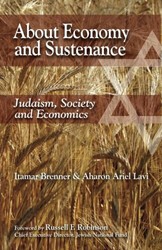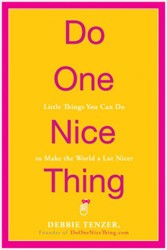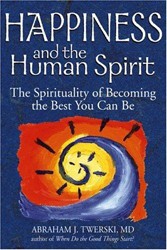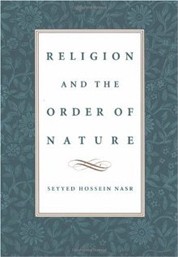As Shabbat ends, the dining hall is filled with young men singing the traditional songs that accompany the Third Meal, the Seuda Shlishit. In an instant, almost imperceptibly, the singing ends, and like a wave of humanity, hundreds of chairs are gathered around the table of the Rosh Yeshiva, Rav Amital, to hear his words of Torah. He speaks slowly, yet energetically. He moves effortlessly from the weekly portion, to rabbinic commentaries, Rav Saadia Gaon, Talmudic texts, and Rav Kook. He weaves a tapestry of Jewish thought. As soon as Shabbat ends, the students rush to commit these thoughts to paper while still fresh in their minds.
Never in Jewish history has a great yeshiva had two heads. Yet, since 1968, Rav Yehudah Amital and Rav Aharon Lichtenstein have successfully created what has become the Harvard of hesder yeshivot (combining study with military service). This uniqueness as well as their individual styles deserves study elsewhere.
This volume of essays is a translation of a series of discussions with Rav Amital and senior students at the yeshiva. It may not be the sum total of his religious and educational philosophy, but we are given a glimpse into the thought process of a mature religious thinker.
A major theme is man’s position in the world. One’s personal relationship with God, with man and with oneself is analyzed. The need for honesty and derekh eretz as well as responsibility and sensitivity is paramount in all relationships. Rav Amital’s discourses are divided into three sections: The Individual and His Creator, The Individual and Society, and The Individual and His Life. He explores the religious experience, Torah study, observance of mitzvot, prayer and Torah values in the first section. Being a mensch, obligations to the community, and role modeling (kiddush HaShem) are explored in the second section. Values, humanity, dealing with crisis, and decision making are covered in the final section. What makes these essays compelling is not so much the conclusions reached, but the seemingly effortless gathering of sources and texts to illustrate his points.
Rav Amital does not limit the curriculum to rigorous Talmudic analysis. He exposes his students to the great Jewish philosophers, mystical literature, hasidic texts, Rav Kook’s writings, midrash, and many other sources of rabbinic wisdom. That he has succeeded can be ascertained by a glimpse into the yeshiva’s Virtual Bet Midrash where not only his teachings, but those of a generation of his students may be found.
Jewish Values in a Changing World needs to be studied, not just read, to be fully appreciated. It is well worth the effort.





